The CAG Webinar program is part of the Continuing Professional Development (CPD) program of the CAG and is primarily intended to meet the educational needs of the CAG membership, including Adult and Pediatric Gastroenterologists, Basic Scientists, and Trainees.
Under the leadership of CAG Education Affairs, we are committed to providing an educational environment that fosters the lifelong professional development of its members through diverse learning opportunities and programs that promote, enhance, and expand their clinical, scientific, and procedural skills, as well as facilitating opportunities for self-directed assessment and learning to ultimately enhance patient care and improve gastrointestinal health outcomes.
Please note that watching recordings of the CAG Webinar program is considered a Section Two Scanning Activity by the Royal College of Physicians and Surgeons of Canada Maintenance of Certification program. Each recording is valued at 0.5 Section Two Credits.
All CAG Webinar program recordings are located in our Members Only section of the website.
To watch recordings of the CAG Webinar program, be sure you're logged in to your MyCAG account.
Available recordings:
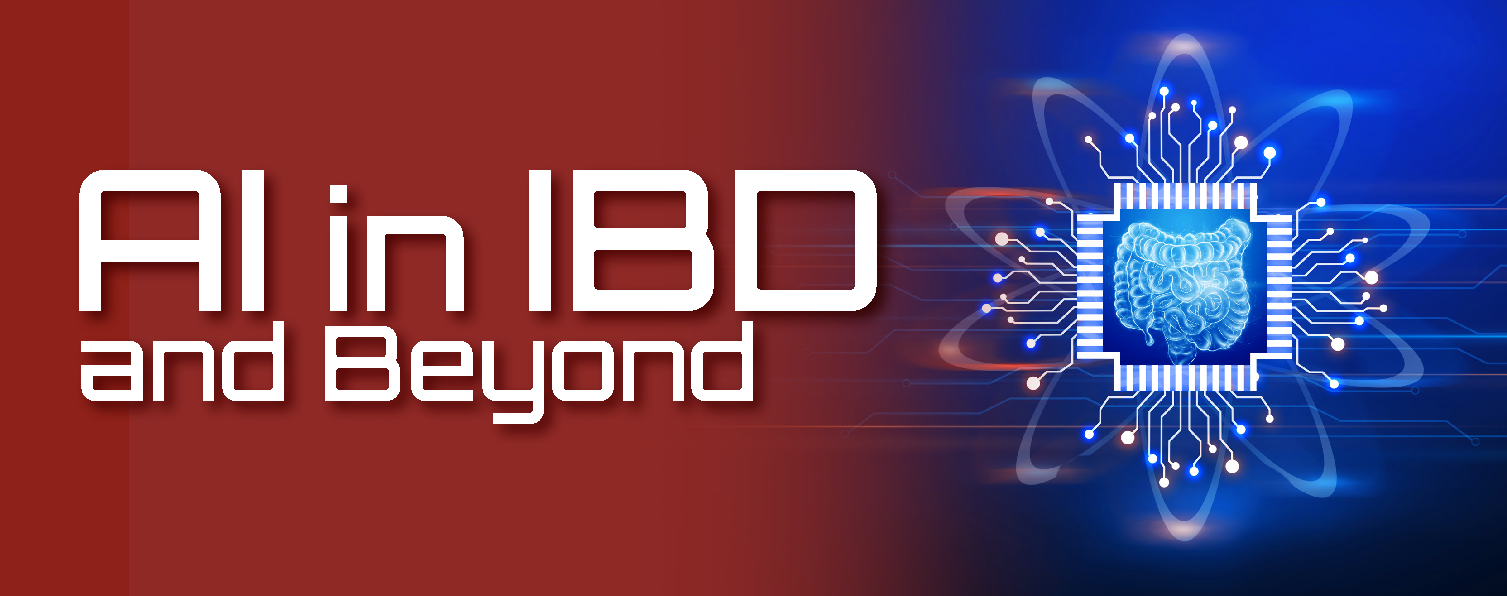 |
CAG/Janssen - AI in IBD and Beyond
- Date Recorded: December 1, 2022
- Mark Borgaonkar, MD, MSc, FRCPC, FACG, CAGF
- Alan Barkun, MD, CM, FRCPC, FACP, FACG, AGAF, MSc
- Peter Bossuyt, MD, PhD
- Vipul Jairath, MBChB, DPhil
- Kerri Novak, MD, FRCPC
- Michael F. Byrne, MD, MA, FRCPC, MRCP
- Learning Objectives
- Upon completion of this program, participants will be able to:
-
- Describe the use of AI in IBD risk stratification and prognostication
- Integrate AI into IBD scoring systems in their clinical practice
- Employ AI to help personalize their approach to patient care
|
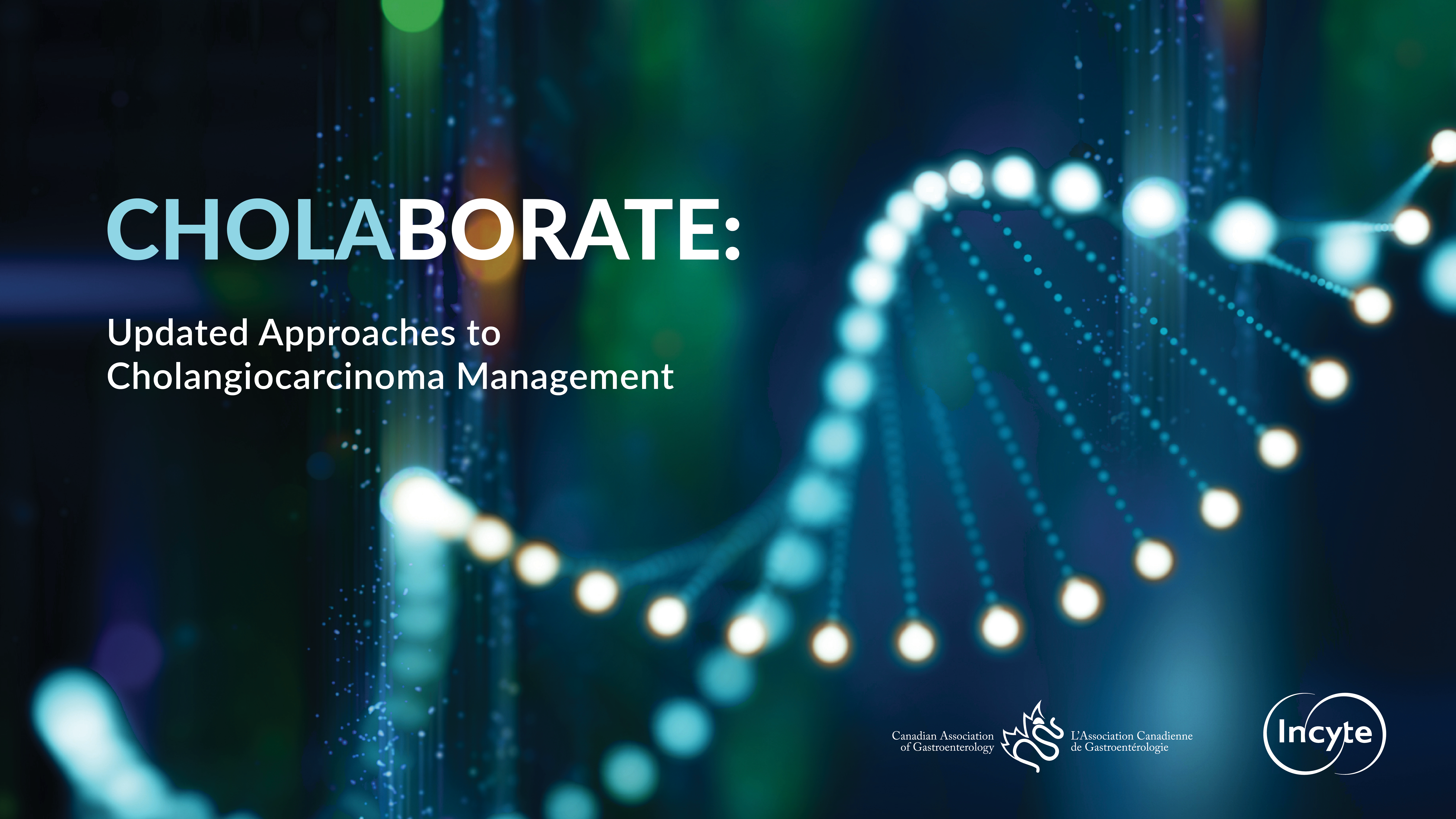 |
CAG/Incyte - CHOLABORATE: Updated Approaches to Cholangiocarcinoma Management
- Date Recorded: November 30, 2022
- Avijit Chatterjee, MD
- Pushpa Sathya, MD
- Michael Carter, MD
- Hatim Karachiwala, MD
- Learning Objectives
- Upon completion of this program, participants will be able to:
-
- Explain the diagnostic process and challenges for patients with cholangiocarcinoma (CCA)
- Describe methods to detect genomic abnormalities in CCA and the tissue requirements to ensure successful genomic testing
- Apply knowledge of the evolving treatment options for patients with CCA in clinical practice
|
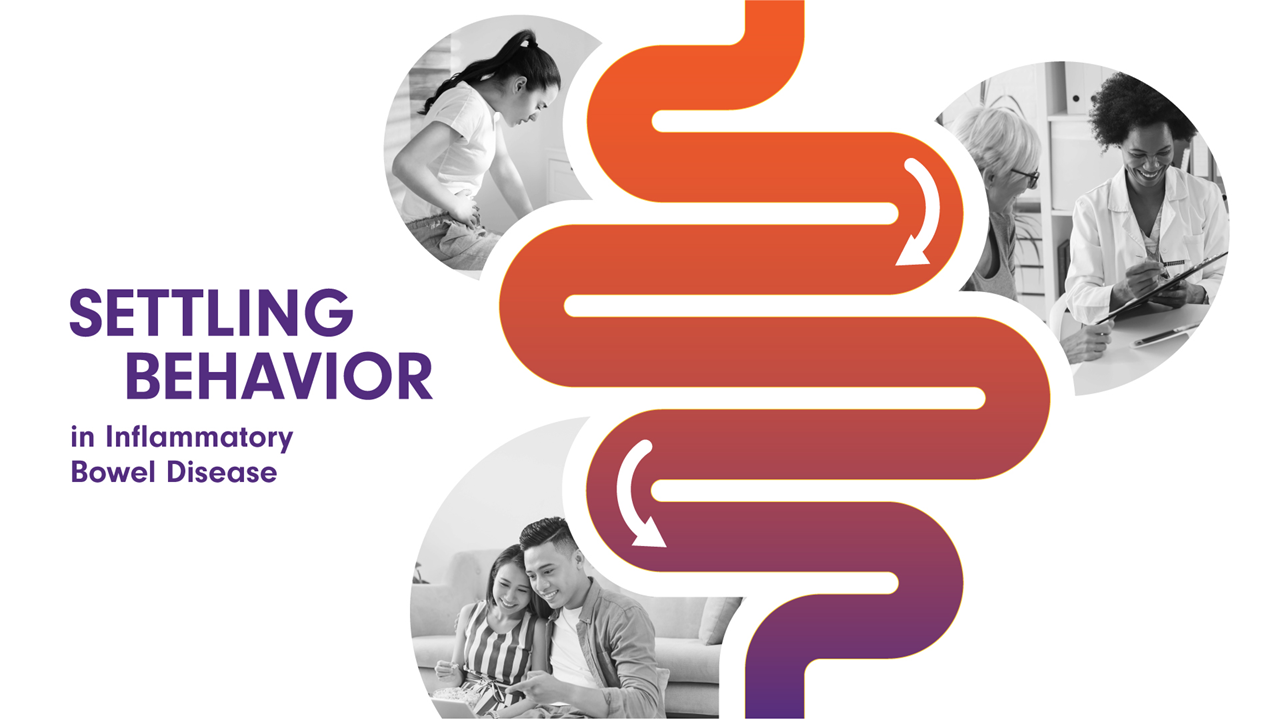 |
CAG/Pfizer - Settling Behaviour in IBD
- Date Recorded: May 18, 2022
- Mark Borgaonkar, MD, MSc, FRCPC
- Yvette Leung, MD, FRCPC
- Learning Objectives
- Upon completion of this program, participants will be able to:
-
- Identify patients with IBD who exhibit settling behaviour with their treatment
- Identify barriers and areas of discordance in both communication and treatment priorities between patients and gastroenterologists
- Apply appropriate treatment strategies and tools aimed at addressing settling behaviour in patients with inadequately controlled IBD through case discussion
|
 |
CAG/Bristol Myers Squibb - Horizons in UC: An Expert Review on Hot Topics in UC 2022
- Date Recorded: April 13, 2022
- Robert Berger, Moderator, MD, FRCPC
- Brian Feagan, MD, MSc, FRCPC
- Remo Panaccione, MD, FRCPC
- Learning Objectives
- Upon completion of this program, participants will be able to:
-
- Describe best practices used to evaluate UC activity
- Understand the evolution and importance of treatment targets in UC
- Assess current treatment sequencing and how emerging therapies may be positioned in the treatment of moderate-severe UC
|
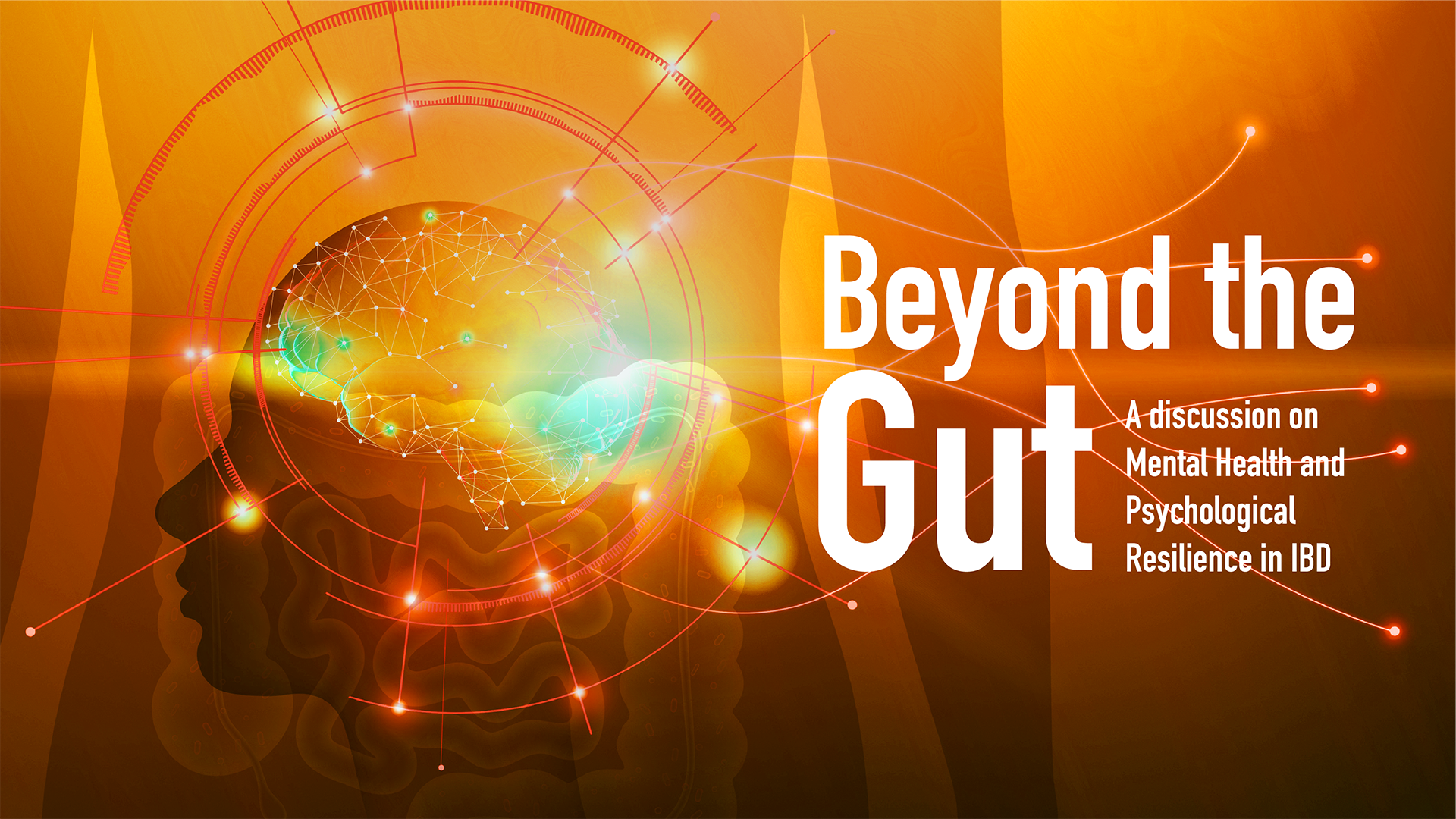 |
CAG/Amgen - Beyond the Gut: A Discussion on Mental Health and Psychological Resilience in IBD
- Date Recorded: March 31, 2022
- Laurie Keefer, PhD, AGAF
- Remo Panaccione, MD, FRCPC
- Learning Objectives
- Upon completion of this program, participants will be able to:
-
- Recognize the link between IBD and mental health
- Identify patients with IBD who are at risk of developing mental health concerns
- Implement practical strategies on how to support the mental health of patients with IBD
- Understand and apply key treatment considerations for patients with IBD and underlying mental health conditions
|
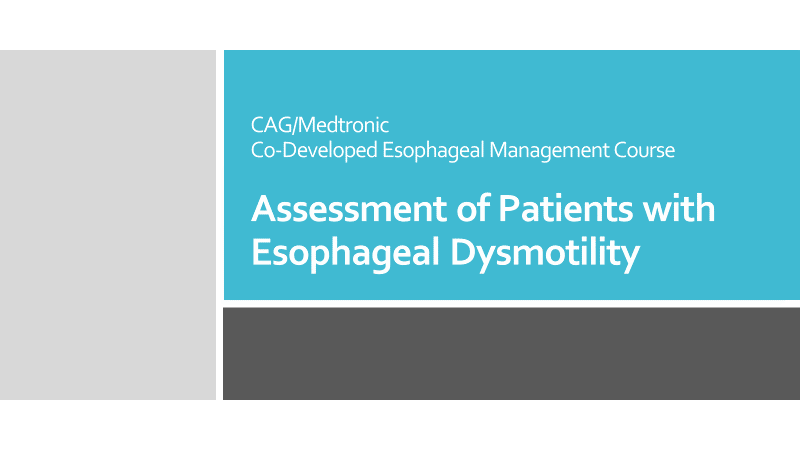 |
CAG/Medtronic - Assessment of Patients with Esophageal Dysmotility
- Date Recorded: December 2, 2021
- Louis Liu, Chair, BEng, MEng, PhD, MD, FRCPC
- John E. Pandolfino, MD, FRCPC (US)
- Sarvee Moosavi, MD, FRCPC
- Serge Mayrand, MD, FRCPC
- Learning Objectives
- Upon completion of this program, participants will be able to:
-
- Develop a strategy to assess patients with esophageal dysmotility
- Describe the current diagnostic pathway for the assessment of dysphagia caused by esophageal motility disorders
- Apply Functional Luminal Imaging Probe (FLIP) impedance planimetry system in the evaluation of esophageal motility disorders using case-based discussion
|
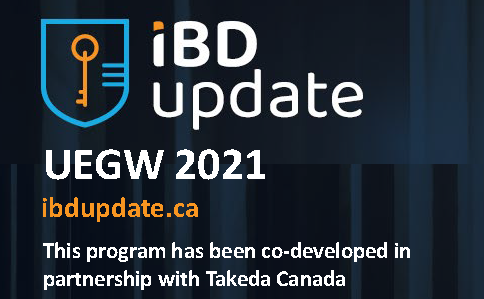 |
CAG/Takeda - IBD Update at UEGW 2021
- Date Recorded: November 22, 2021
- Dr. Cynthia Seow, University of Calgary, AB
- Dr. Jeffrey McCurdy, University of Ottawa, Ottawa, ON
- Dr. Waqqas Afif, McGill University, Montréal, QC
- Learning Objectives
- Upon completion of this program, participants will be able to:
-
- Describe key learnings from clinical trial results and new research in IBD
- Discuss emerging IBD therapies and management strategies
- Integrate these learnings into their clinical practice, to improve patient outcomes
|
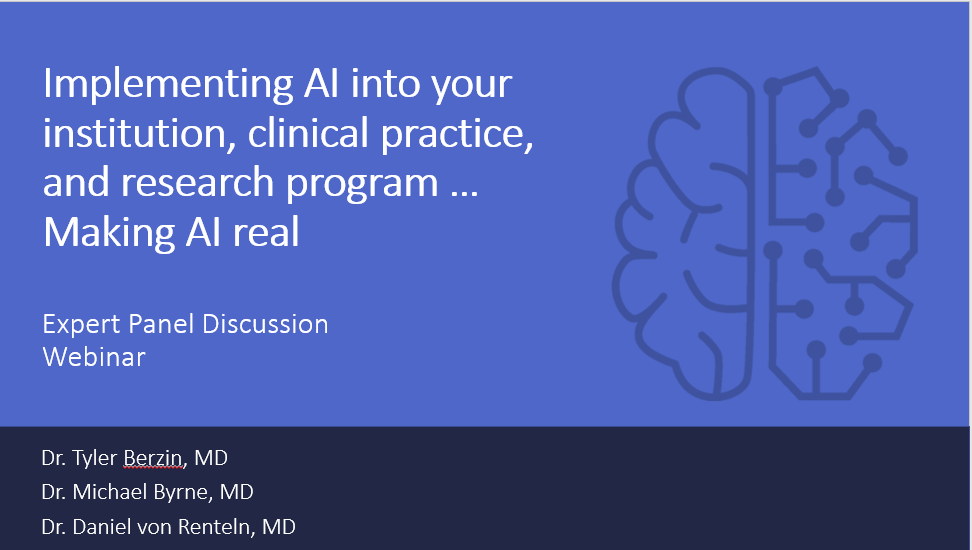 |
CAG/Medtronic - Implementing AI into your institution, clinical practice, and research program... Making AI real
- Date Recorded: November 18, 2021
- Mark Borgaonkar Chair MD, MSc, FRCPC, CAGF, FACGB
- Tyler Berzin, MD, MS, FASGE, FACG (US)
- Michael Byrne, MD
- Daniel von Renteln, MD
- Sravanthi Parasa, MD (US)
- Jeremy Glissen Brown, MD (US)
- Charles Ménard, B.Pharm, MD, FRCPC
- Alan Barkun, MD, CM, FRCP(C), FACP, FACG, AGAF, MSc
- Clarence Wong, MD, FRCPC, CAGF, AGAF
- Learning Objectives
- Upon completion of this program, participants will be able to:
-
- Develop and interpret research in Artificial Intelligence (AI)
- Utilize AI tools in clinical practice
- Incorporate AI technologies into their institution
|
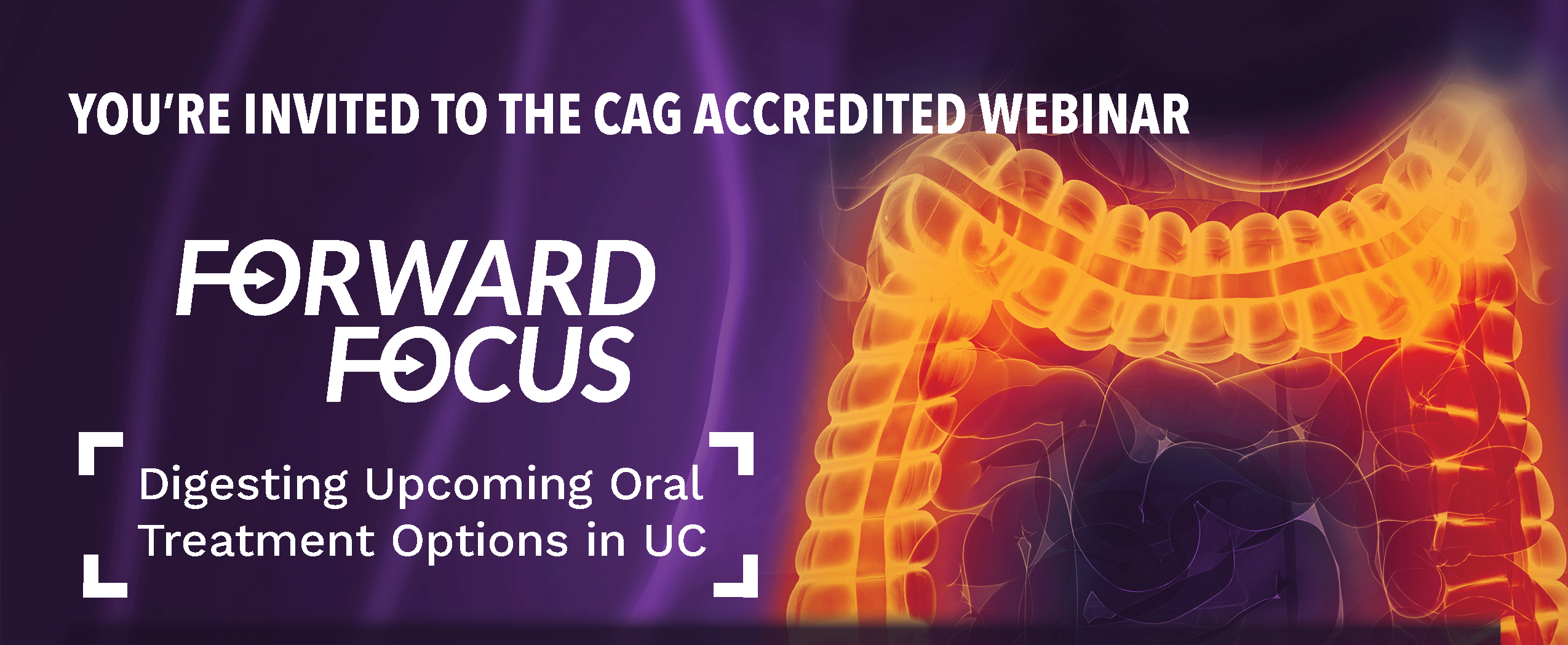 |
CAG/Bristol Myers Squibb - Forward Focus: Digesting Upcoming Oral Treatment Options in UC
- Date Recorded: September 14, 2021
- Dr. Remo Panaccione, University of Calgary, Calgary, AB
- Dr. Jeffrey McCurdy, University of Ottawa, Ottawa, ON
- Learning Objectives
- Upon completion of this program, participants will be able to:
-
- Understand new and emerging oral treatment options in UC
- Review clinical data including efficacy, safety, and MOA for new and emerging oral treatment options in UC
- Assess management considerations and evaluate the potential place of new and emerging oral options in the UC treatment landscape
|
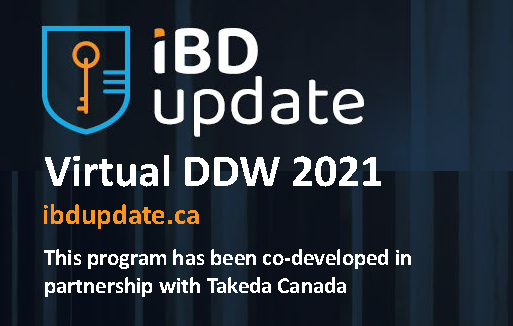 |
CAG/Takeda - IBD Update: Virtual DDW 2021
- Date Recorded: June 22, 2021
- Dr. Miguel Regueiro, Cleveland Clinic Lerner College of Medicine of Case Western Reserve University
- Dr. Waqqas Afif, McGill University, Montreal, QC
- Dr. Jeffrey McCurdy, University of Ottawa, Ottawa, ON
- Learning Objectives
- Upon completion of this program, participants will be able to:
-
- Describe key learnings from clinical trial results and new research in IBD
- Discuss emerging IBD therapies and management strategies
- Integrate these learnings into their clinical practice, to improve patient outcomes
|
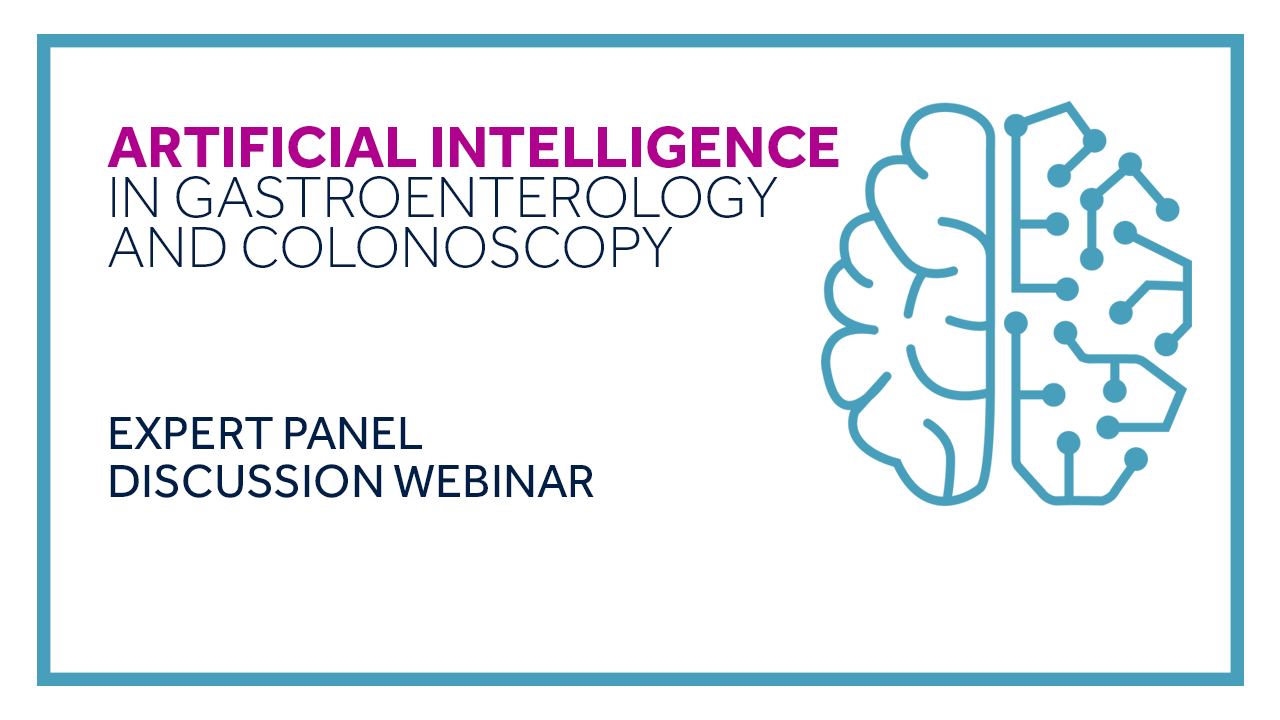 |
CAG/Medtronic - Artificial Intelligence in Gastroenterology and Colonoscopy
- Date Recorded: June 17, 2021
- Dr. Omer F. Ahmad BSc, MBBS, MRCP (UK)
- Dr. Sravanthi Parasa, MD
- Dr. Michael Byrne, MD
- Dr. Clarence KW Wong, MD FRCPC, CAGF, AGAF
- Dr. Daniel von Renteln, MD
- Learning Objectives
- Upon completion of this program, participants will be able to:
-
- Review the general principles and terminology of AI
- Demonstrate how to leverage AI in the health care systems and digital health
- Review how the application of AI can be applied in colonoscopy
|
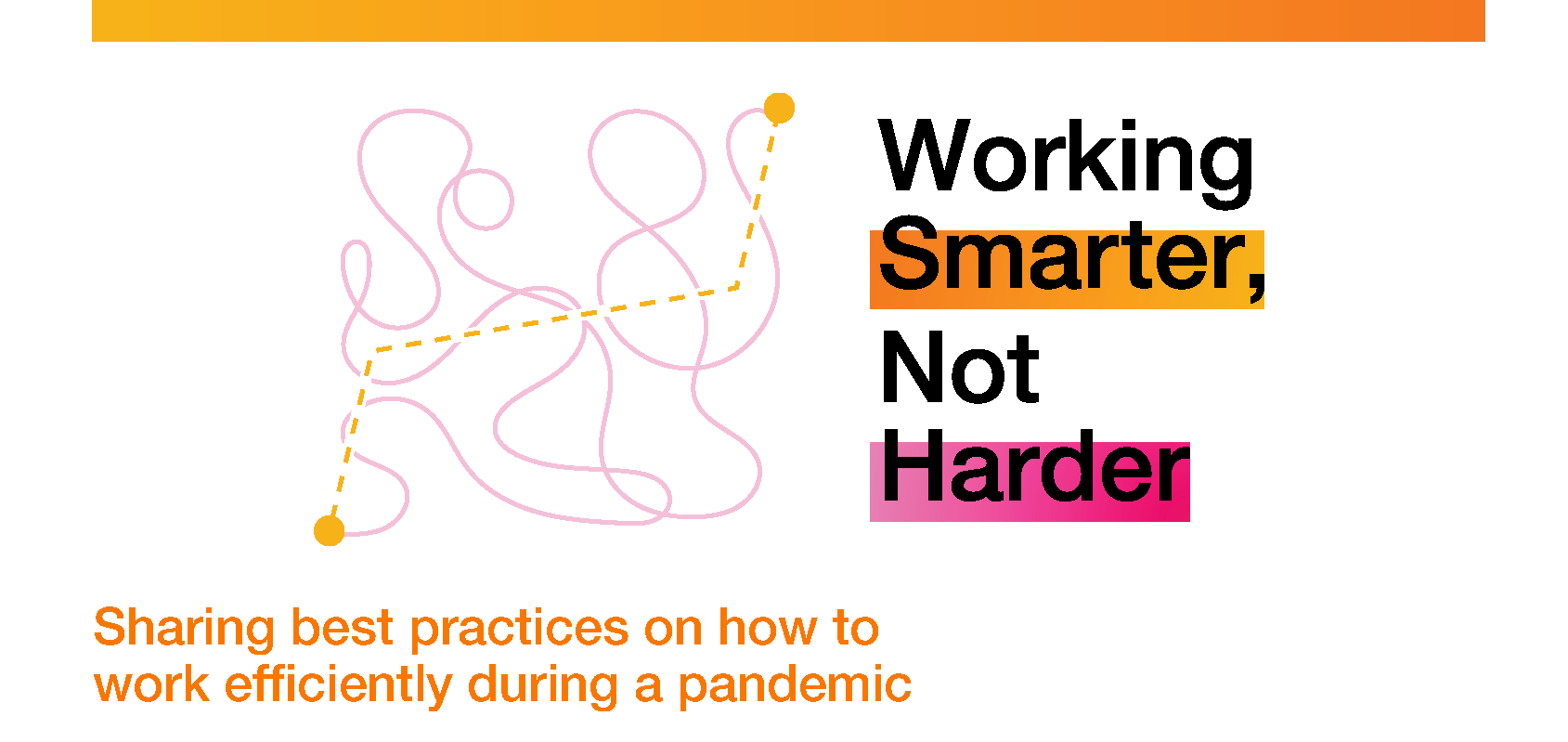 |
CAG/AbbVie - Working Smarter, Not Harder
- Date Recorded: June 3, 2021
- Dr. Michael Stewart, Chair, MD, FRCPC
- Dr. Martha Dirks, MDCM, FRCPC
- Dr. Chad Williams, MD, FRCPC
- Dr. Kerri Novak, MD, FRCPC
- Learning Objectives
- Upon completion of this program, participants will be able to:
-
- Share strategies how to improvre triaging system for pediatric patients awaiting endoscopy
- Review approaches to monitor PRO/QoL during virtual patient consults
- Highlight methods for streamlining urgent patient access
- Describe the utility of IUS as a non-invasive monitoring tool
|
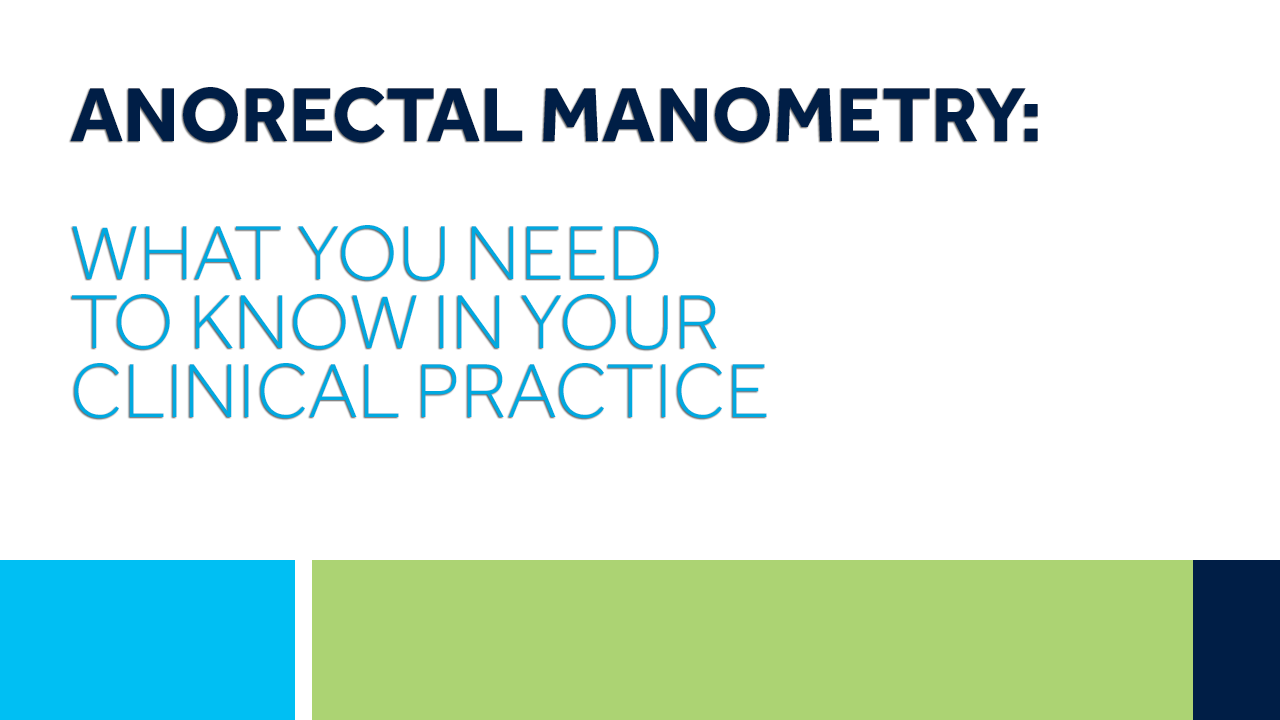 |
CAG/Medtronic - Anorectal Manometry: What You Need To Know In Your Clinical Practice
- Date Recorded: April 2021
- Session 4: Anorectal Manometry: What You Need To Know In Your Clinical Practice
- Recording 1: Dr. Matthew Woo, MD, FRCP - April 13, 2021
- Recording 2: Dr. Louis Liu, MD, PhD, FRCPC, CAGF - April 15, 2021
- Learning Objectives
- Upon completion of this program, participants will be able to:
-
- Review indications for anorectal manometry (ARM) study
- Describe the ARM procedure and discuss the information obtained
- Apply the ARM study results to the management of patients with Fecal Incontinence (FI) and Dyssynergic Defecation (DD)
|
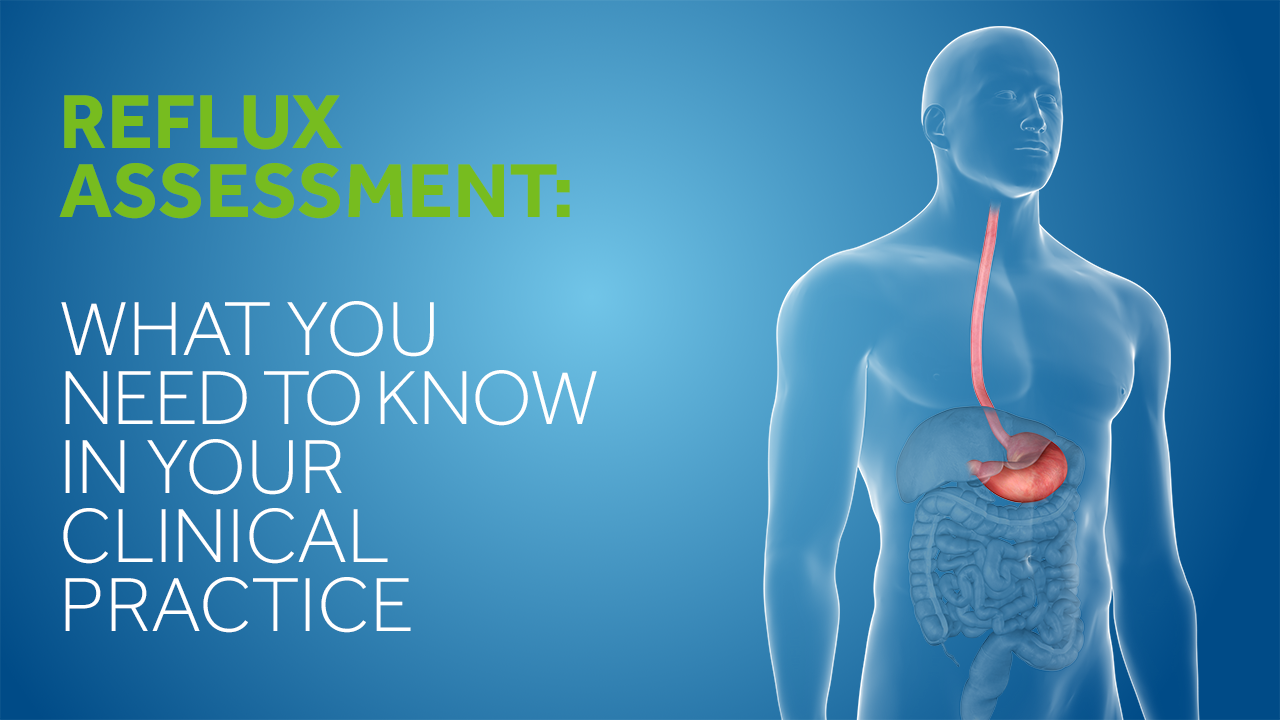 |
CAG/Medtronic - Reflux Assessment: What You Need To Know In Your Clinical Practice
- Date Recorded: April 2021
- Session 3: Reflux Assessment: What You Need To Know In Your Clinical Practice
- Recording 1: Dr. Louis Liu, MD, PhD, FRCPC, CAGF - April 7, 2021
- Recording 2: Dr. Christopher N. Andrews, MD, MSc, FRCPC - April 8, 2021
- Learning Objectives
- Upon completion of this program, participants will be able to:
-
- Define the terminologies of “reflux diseases”: Erosive Esophagitis (ErE), Non-erosive reflux disease (NERD), reflux hypersensitivity, functional heartburn
- Apply different diagnostic tests to diagnose reflux diseases: Ambulatory pH testing, on/off treatment, Impedance study
|
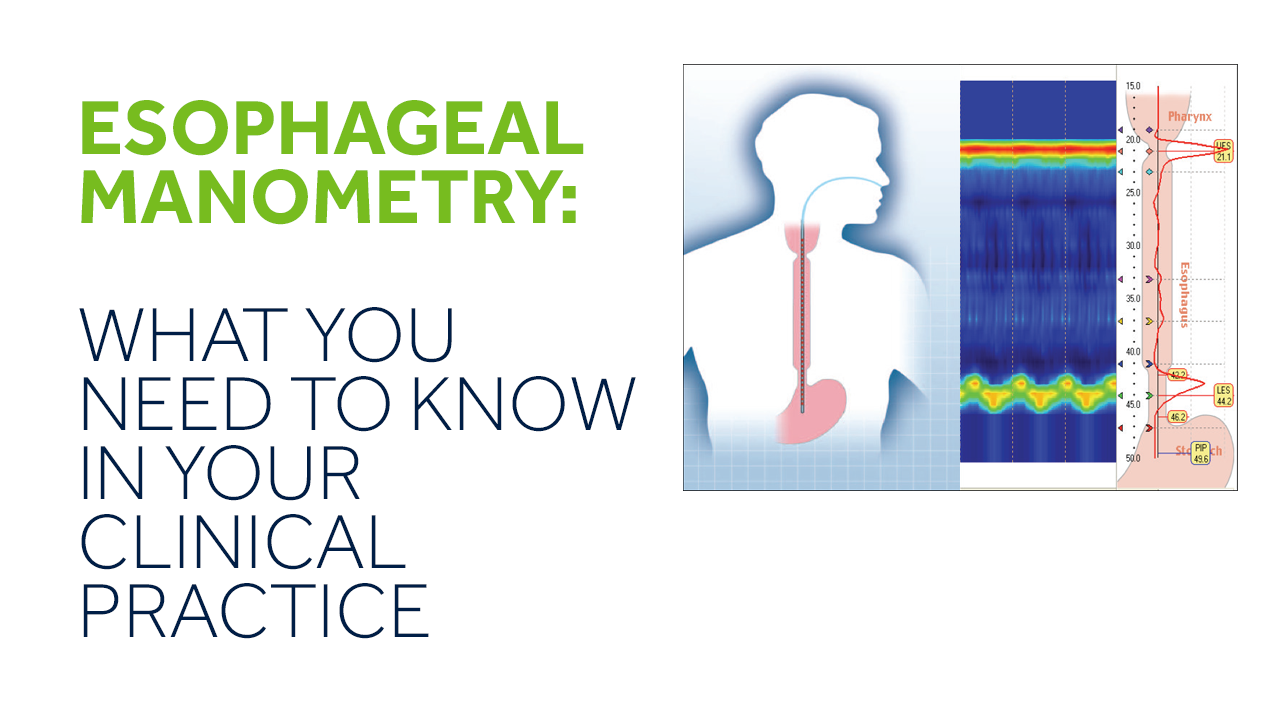 |
CAG/Medtronic - Esophageal Manometry: What You Need To Know In Your Clinical Practice
- Date Recorded: March 2021
- Session 2: Chicago Classifications, Reporting Manometry Studies, and Patient Vignettes
- Recording 1: Dr. Louis Liu, MD, PhD, FRCPC, CAGF - March 23, 2021
- Recording 2: Dr. Christopher N. Andrews, MD, MSc, FRCPC - March 25, 2021
- Learning Objectives
- Upon completion of this program, participants will be able to:
-
- Determine when to order an esophageal manometry study in your clinical practice
- Describe how to perform a high resolution esophageal manometry study
- Apply manometry, ambulatory pH and impedance monitoring to manage patients presented with dysphagia and other esophageal symptoms
|
 |
CAG/Medtronic - Esophageal Manometry: What You Need To Know In Your Clinical Practice
- Date Recorded: March 2021
- Session 1: What esophageal manometry is, History and Evolution, Anatomy and Physiology, Diagnostic Approach of Dysphagia and Clinical Indications of Esophageal Manometry, How to Conduct Esophageal Manometry Study
- Recording 1: Dr. Christopher N. Andrews, MD, MSc, FRCPC - March 10, 2021
- Recording 2: Dr. Louis Liu, MD, PhD, FRCPC, CAGF - March 11, 2021
- Learning Objectives
- Upon completion of this program, participants will be able to:
-
- Determine when to order an esophageal manometry study in your clinical practice
- Describe how to perform a high resolution esophageal manometry study
- Apply manometry, ambulatory pH and impedance monitoring to manage patients presented with dysphagia and other esophageal symptoms
|















